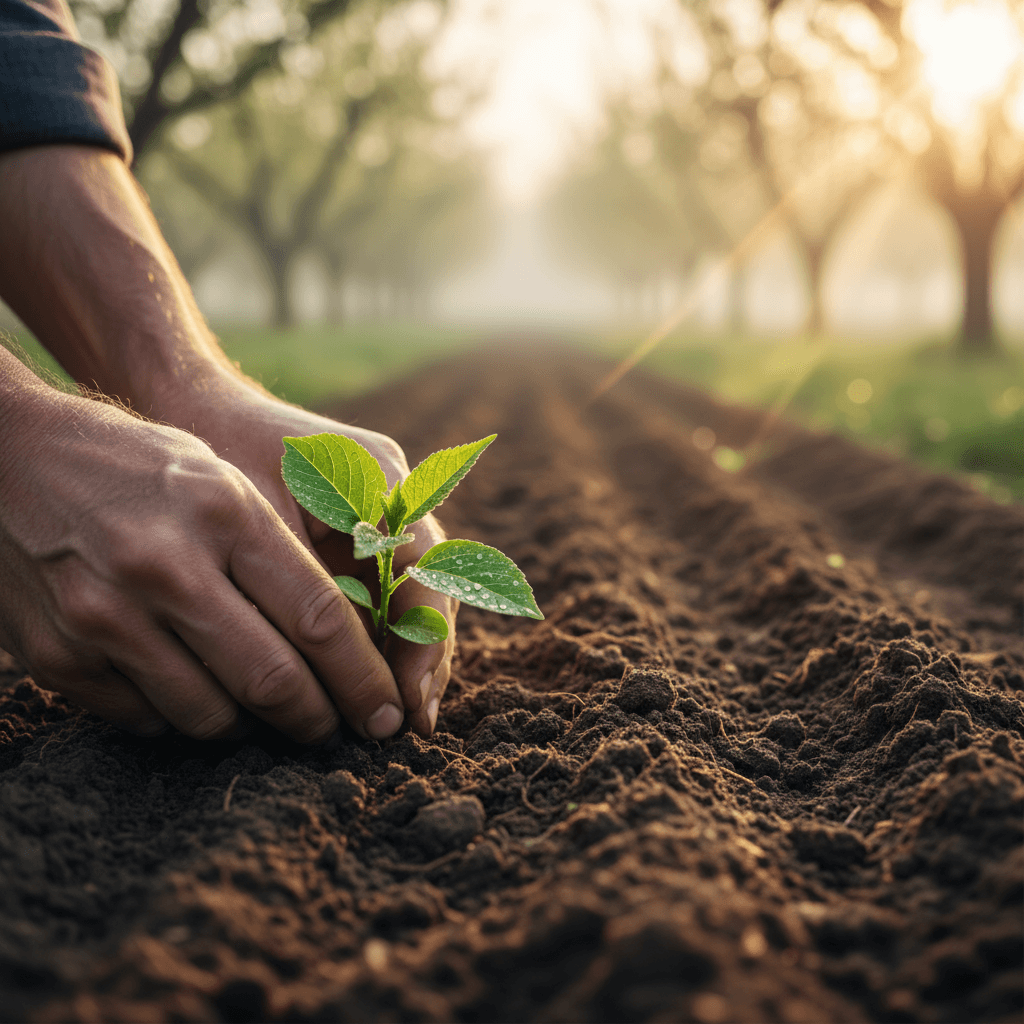Cultivating Meaning Through Effort and Stubborn Hope

Meaning grows where you plant your effort and refuse to uproot hope. — Viktor Frankl
Planting Effort, Harvesting Purpose
At the outset, this line frames meaning as something organic. It grows where we choose to exert ourselves—showing up, learning, serving—rather than where we passively wait. Effort is the planting: a commitment to a task or relationship despite imperfect conditions. Hope is the refusal to yank out tender shoots at the first sign of doubt or delay. Taken together, they define purpose as a cultivated phenomenon, not a discovered treasure. Thus the image reminds us that patience and care are not sentimental; they are agricultural. We invest, we water, we weed—then, in time, a harvest appears. This agricultural vision sets the stage for Viktor Frankl’s postwar insights about how meaning emerges under pressure.
Frankl’s Lessons from the Camps
Moving from metaphor to testimony, Frankl’s Man’s Search for Meaning (1946) chronicles how he endured Auschwitz by directing effort toward a future task and preserving hope. He mentally reconstructed a lost manuscript and envisioned teaching after liberation—tiny acts of cultivation amid desolation. From these experiences he developed logotherapy, arguing that humans are driven by a will to meaning, not merely pleasure or power (The Will to Meaning, 1969). Crucially, he observed the last of the human freedoms: to choose one’s attitude in any given circumstance. In practice, that choice is a daily act of planting, while the refusal to uproot hope protects the soil. Thus experience and theory converge: sustained purpose grows from disciplined effort guarded by resilient hope.
Hope as Discipline, Not Daydream
Even so, hope in Frankl’s framework is not wishful thinking; it is a moral stance he called tragic optimism—remaining oriented to meaning despite pain, guilt, and death (The Case for Tragic Optimism, 1984). This stance does not deny suffering; it insists that even suffering can be given a task. Frankl often quoted Nietzsche: 'He who has a why to live can bear almost any how.' Seen this way, refusing to uproot hope is an active practice: protecting a why from the weather of setbacks. We do so by keeping commitments small and steady, pruning illusions, and returning to the next right action. Hope, then, becomes a disciplined habit that keeps the roots intact while the work above ground unfolds.
Psychology That Supports the Soil
In parallel, contemporary research aligns with this cultivation model. Self-Determination Theory shows meaning flourishes when autonomy, competence, and relatedness are supported—needs strengthened through deliberate practice and supportive ties (Deci & Ryan, 2000). A growth mindset frames challenges as fertile ground for learning (Dweck, 2006), while grit describes sustained effort toward long-term aims (Duckworth, 2016). Meanwhile, learned optimism trains attention toward possibilities without denying facts (Seligman, 1998). Together, these findings suggest that meaning is not an epiphany but an ecology: effort builds skill and connection, and hope sustains engagement through setbacks. Thus, the science of motivation fertilizes Frankl’s insight—purpose thrives where we keep tending what we plant.
Practices for Daily Cultivation
Practically, we can plant effort and protect hope through small, repeatable rituals. Start by naming a specific why—serving a client group, deepening a relationship, or mastering a craft—and schedule modest, recurring actions that honor it. Frankl’s logotherapy tools help: dereflection shifts attention from self-preoccupation to the task or the other; paradoxical intention loosens anxiety by playfully leaning into feared symptoms. Add service to the routine, since contributing beyond the self enriches the soil of relatedness. Finally, keep a hope ledger—a brief record of kept promises and progress made—so evidence outlives mood. In this way, effort becomes planted as habit, while hope stays rooted in memory and meaning rather than in fantasy.
When Suffering Becomes the Soil
Ultimately, some fields cannot be replanted immediately; they must be wintered. Frankl insisted that even unavoidable suffering could be transfigured through attitude, citing a grieving widower who found meaning in bearing pain that spared his late wife further suffering (Man’s Search for Meaning, 1946). Here, hope is not the expectation of relief but the commitment to redeem what cannot be changed. Attitudinal values—courage, dignity, fidelity—become the crop when outcomes fail. Thus the metaphor holds: we do not uproot hope in hard seasons; we protect roots beneath frost, trusting the subterranean work of time and care. When the thaw comes, the field is ready, and meaning sprouts again from effort that never stopped quietly preparing the ground.